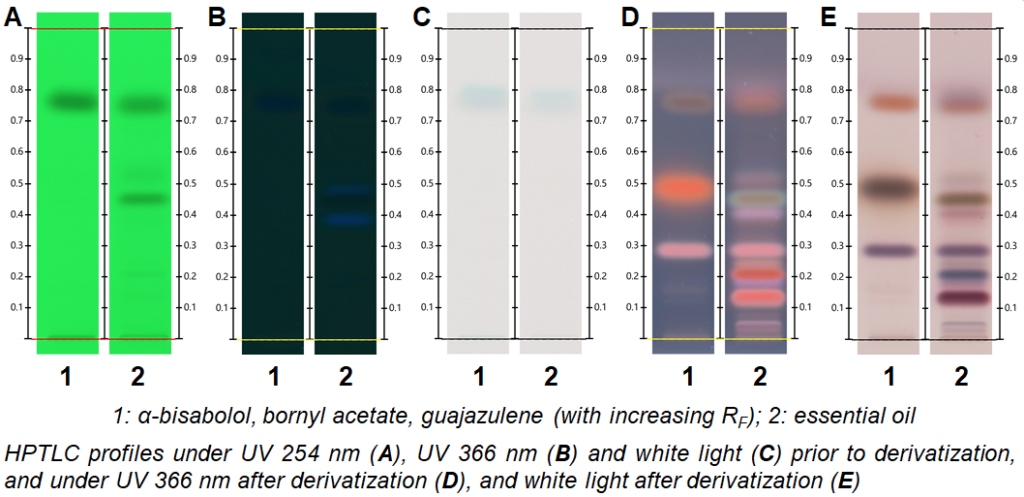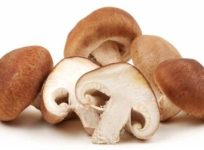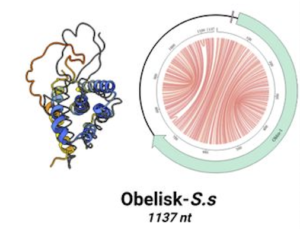
The American Herbal Pharmacopoeia (AHP) and the American Botanical Council (ABC)—two of the nation’s leading herbal medicine advocacy groups—have joined forces with the International Association for the Advancement of High Performance Thin Layer Chromatography (HPTLC Association) to promote greater consensus and wider use of this important analytical technique.
According to an AHP press release announcing the collaboration, “HPTLC is one of the most versatile and cost-effective techniques for chemical profiling and identification of plants.”

Under the new agreement, AHP and ABC members, as well as registered users of the ABC-AHP Botanical Adulterants Prevention Program (BAPP) will now have free access to the HPTLC Association’s analytical method collection, which includes 285 entries specific to herbal ingredients, along with the HPTLC International Atlas for Identification of Herbal Drugs. This Atlas includes the TLC “fingerprints” as well as illustrations and extensive descriptions of many common medicinal herbs.
These resources are invaluable for identification and authentication of herbal raw materials, and for quality control in the production of finished products for consumer use.
All three organizations, along with the University of Mississippi’s National Center for Natural Products Research (NCNPR) have worked together in the past to tackle the worldwide problem of intentional or unintentional alteration and contamination of botanical ingredients.
Founded in 2012, and based in Rheinfelden, Switzerland, the International HPTLC Association is focused on establishing standards for use of this sophisticated technology in research and regulatory settings, and for analysis of plants in foods, pharmaceuticals, and dietary supplements.
Among the organization’s goals are to:
- Develop and validate standards and methods for the analysis of plants and their adulterants.
- Develop and validate standards and methods for other analytical fields.
- Establish and maintain an International HPTLC Atlas for Identification of Herbal Drugs as a globally recognized reference tool for quality control.
- Serve the analytical community as the worldwide leading resource for scientifically sound information about HPTLC and provide expert training.
- Support pharmacopoeias and similar organizations with expertise, guidance, methods and validation data.

“We are deeply grateful
for this excellent collaboration with our friends at the HPTLC Association who
have generously made their high-quality analytical resources available to
botanical ingredient quality control personnel on an international basis,” said
Mark Blumenthal, founder and executive director of ABC and director of BAPP.
“The vast range of HPTLC fingerprints will no doubt assist botanical industry
members on a global scale in ensuring that plant materials being proposed for
use as ingredients for consumer botanical health products are authentic and
free from non-disclosed adulterants.”
Roy Upton, AHP President, notes that his organization was a founding member of
the HPTLC Association and has supported the development of many of the specific
techniques featured in the Association’s Method Collection. Upton believes that
wider availability of these HPTLC references will be of great value to researchers
and quality control officers working with natural products.
END







